This month we bring you news from Peru, Colombia, Argentina, Venezuela, Chile, Brazil, Paraguay and Ecuador.
- Peru – Amnesty is bringing two Human Rights Defenders to the UK and you may book here to join them at the Human Rights Action Centre on 11 November evening and you can sign a petition.
- Colombia – Amnesty has issued a new Urgent Action demanding that the authorities investigate the attacks on Fundación Nydia Erika Bautista.
- Argentina – Joel Paredes is in this year’s Write For Rights campaign, you can sign an online petition
- Argentina – Amnesty has issued a new report Muted: The impact of digital violence against women journalists.
- Venezuela – Amnesty welcomes the two-year extension of the UN’s Fact-Finding Mission on Venezuela.
- Chile – On the 5th anniversary of the protests, Amnesty demands reparations for victims of the protests and reform of the Carabineros
- Brazil – As the trial of the killers of Marielle Franco begins, Amnesty demands that the master minds behind the killings be apprehended.
- Paraguay – Amnesty has issued an updated Urgent Action aimed at stopping the enactment of a bill that endangers work for human rights in Paraguay.
- Ecuador – Amnesty issued a briefing setting out its concerns about the decline in human rights protections under the current administration
PERU
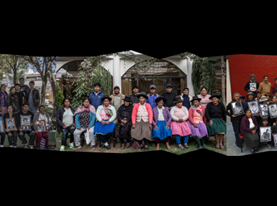
Two Peruvian Human Rights Defenders will visit the UK from 10-13 November to raise international pressure in the search for justice for those who were killed or seriously injured during the repression of protests in Peru in 2022-2023. Yovana Mendoza Huarancca, Vice-President of the Ayacucho Victims Association, and Mario Iquita Chambi, Representative of the Juliaca Victims Association, will be speak at an event that we are organising at the Human Rights Action Centre on 11 November from 6pm to 8pm. Space will be limited to a maximum attendance of 40. You can book here. Their programme includes a meeting at the Foreign, Commonwealth and Development Office and an event at Parliament. You can still sign our petition here.
The UN Committee on the Elimination of Discrimination against Women (CEDAW) has found that the policy of forced sterilisation in Peru, which took place during the 1990s, amounted to sex-based violence and intersectional discrimination, particularly against Indigenous, rural, and economically disadvantaged women. The decision was a response to a joint complaint filed by five victims who were forcibly sterilised between 1996 and 1997 as part of the State-led birth control policy. [Read more…]
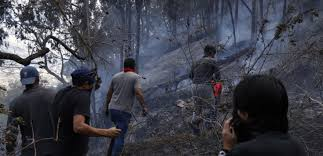 August and September 2024 saw record fires across South America
August and September 2024 saw record fires across South America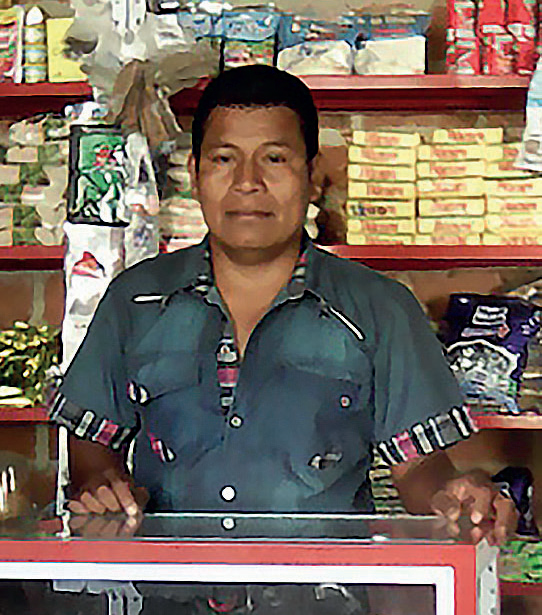
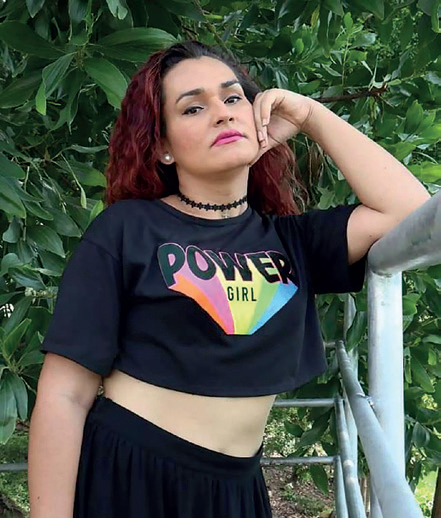
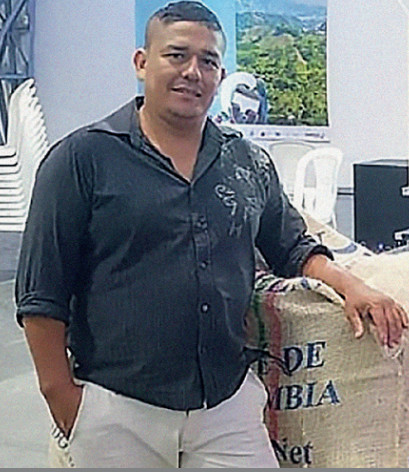
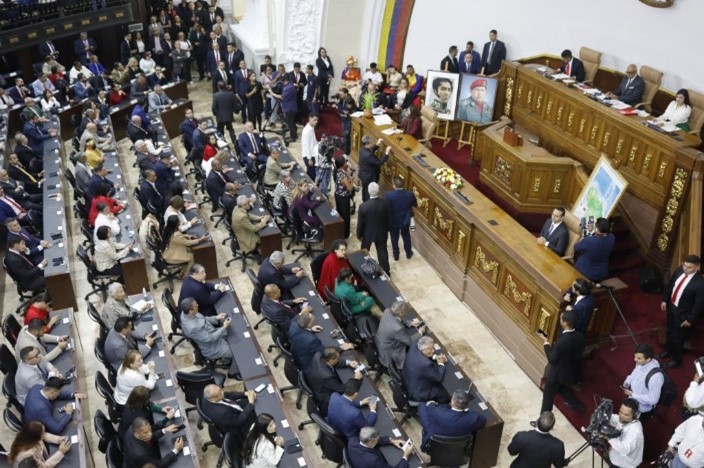 Amnesty has raised an alarm
Amnesty has raised an alarm